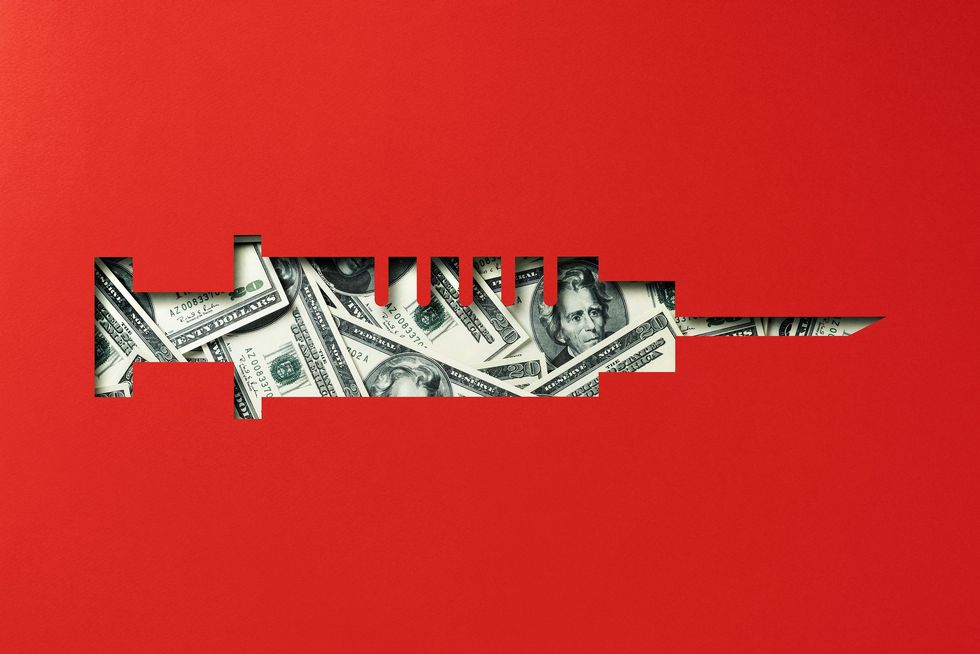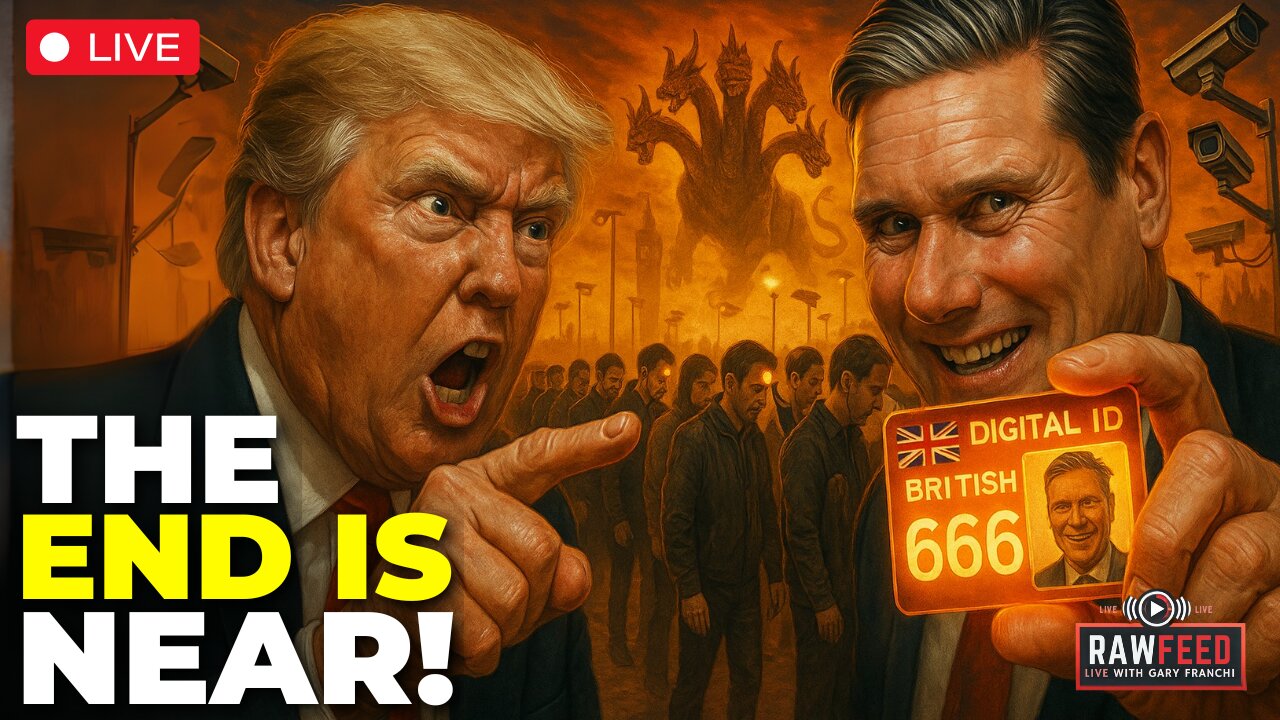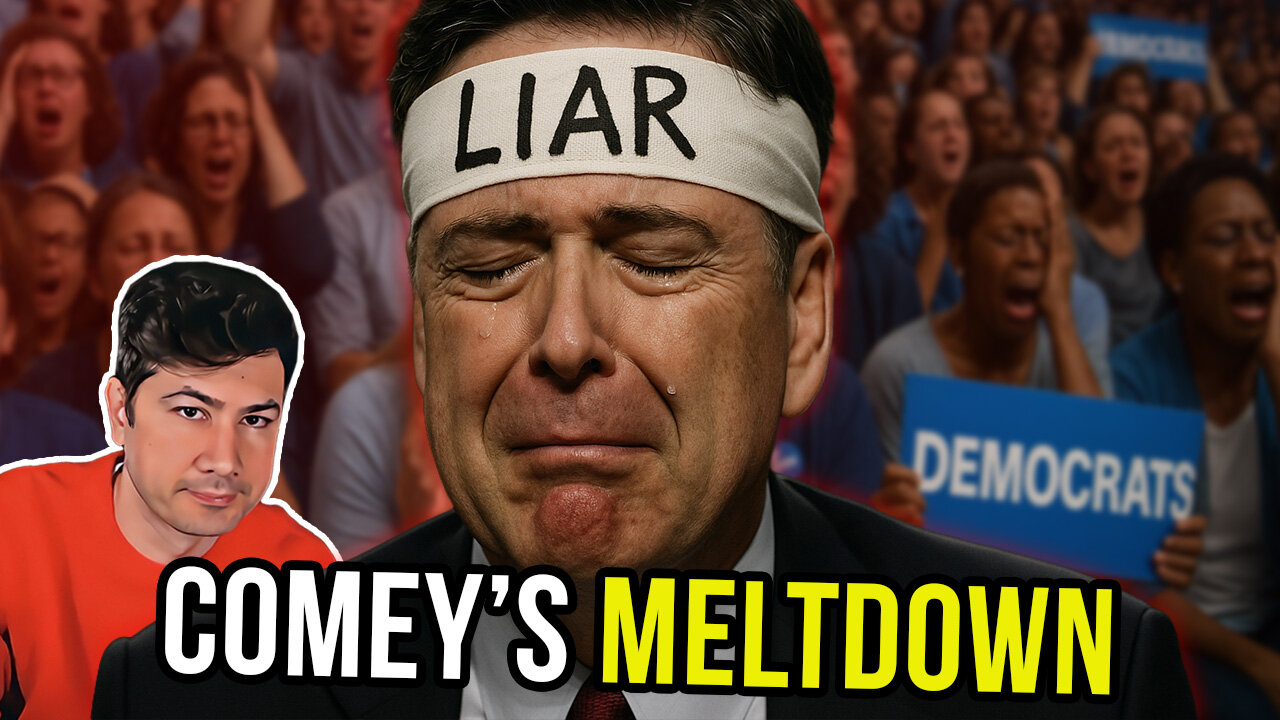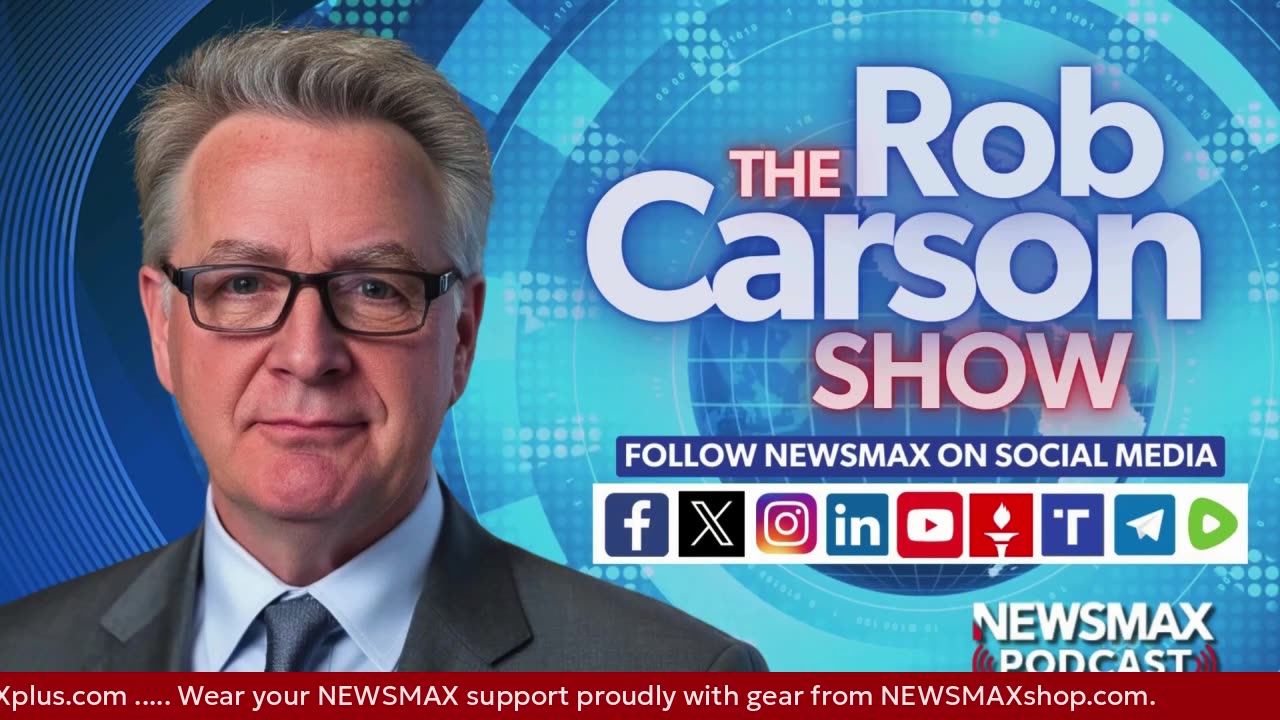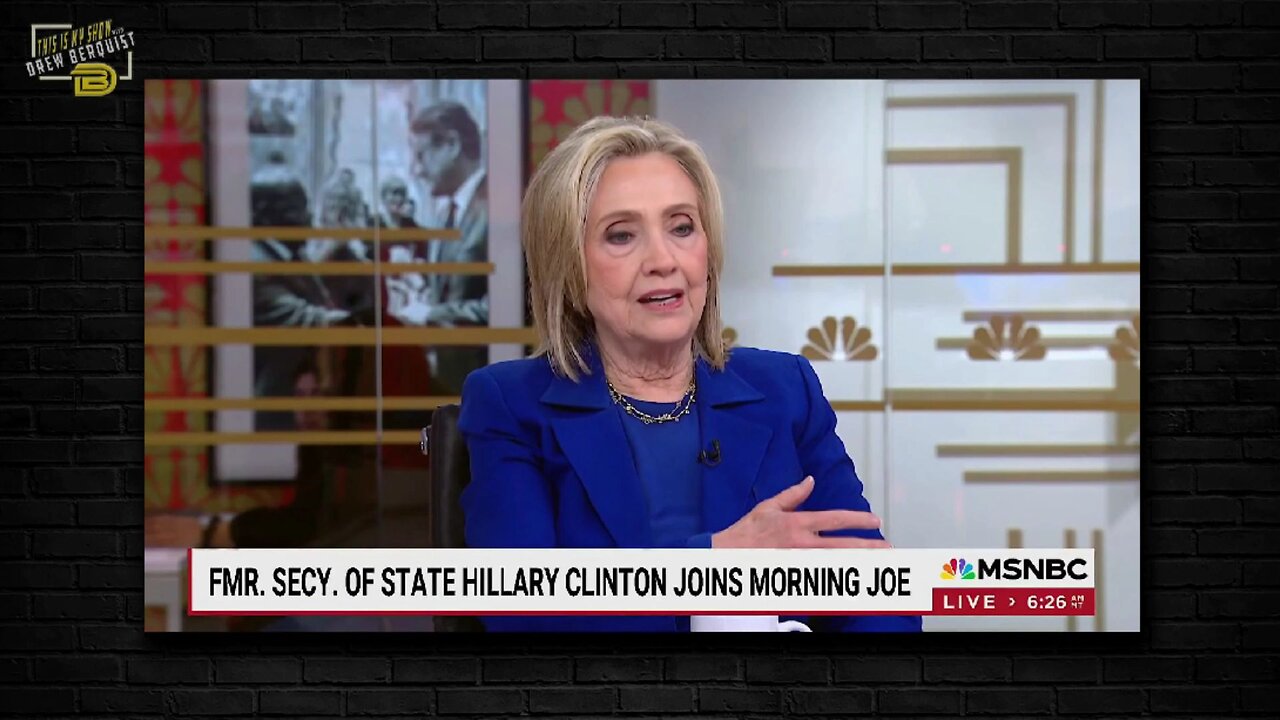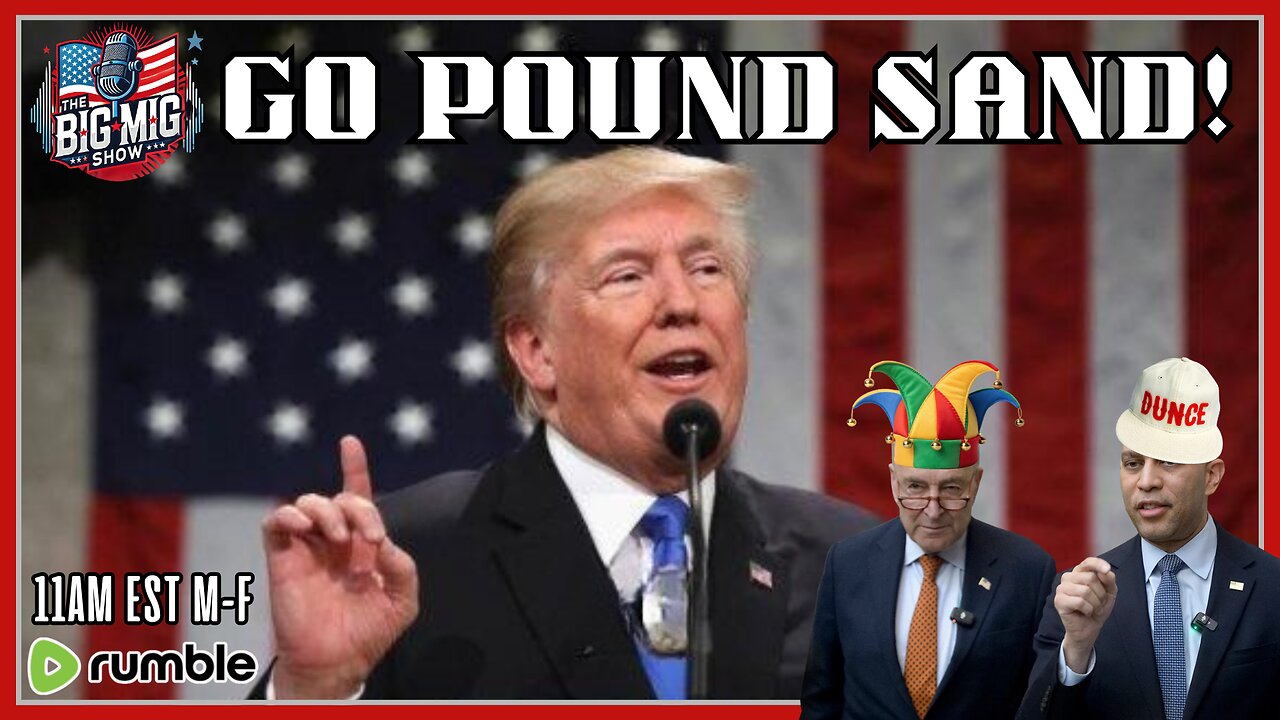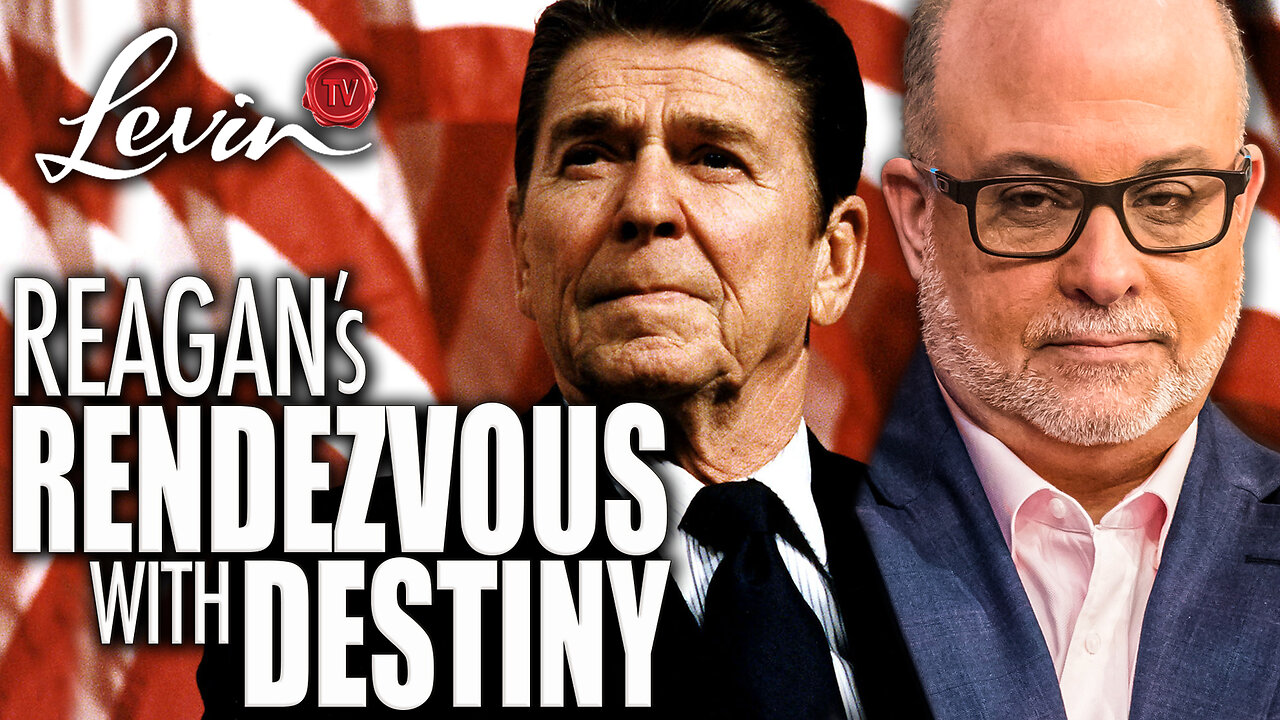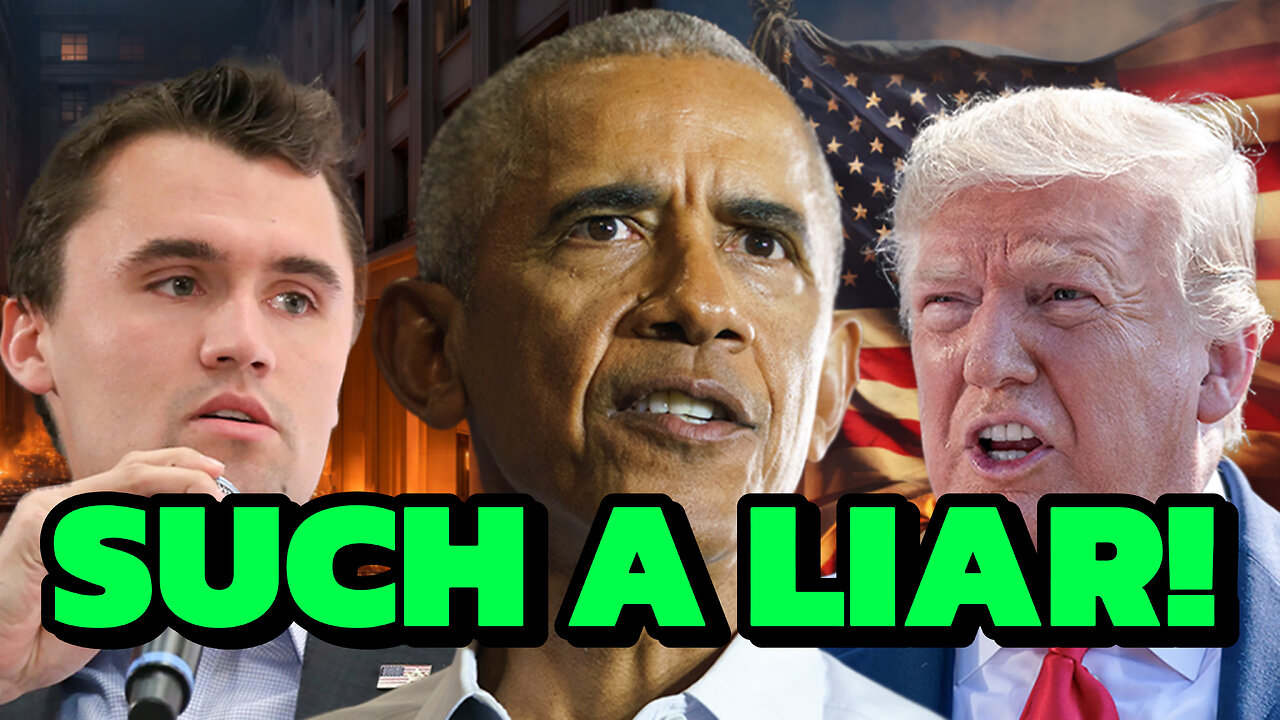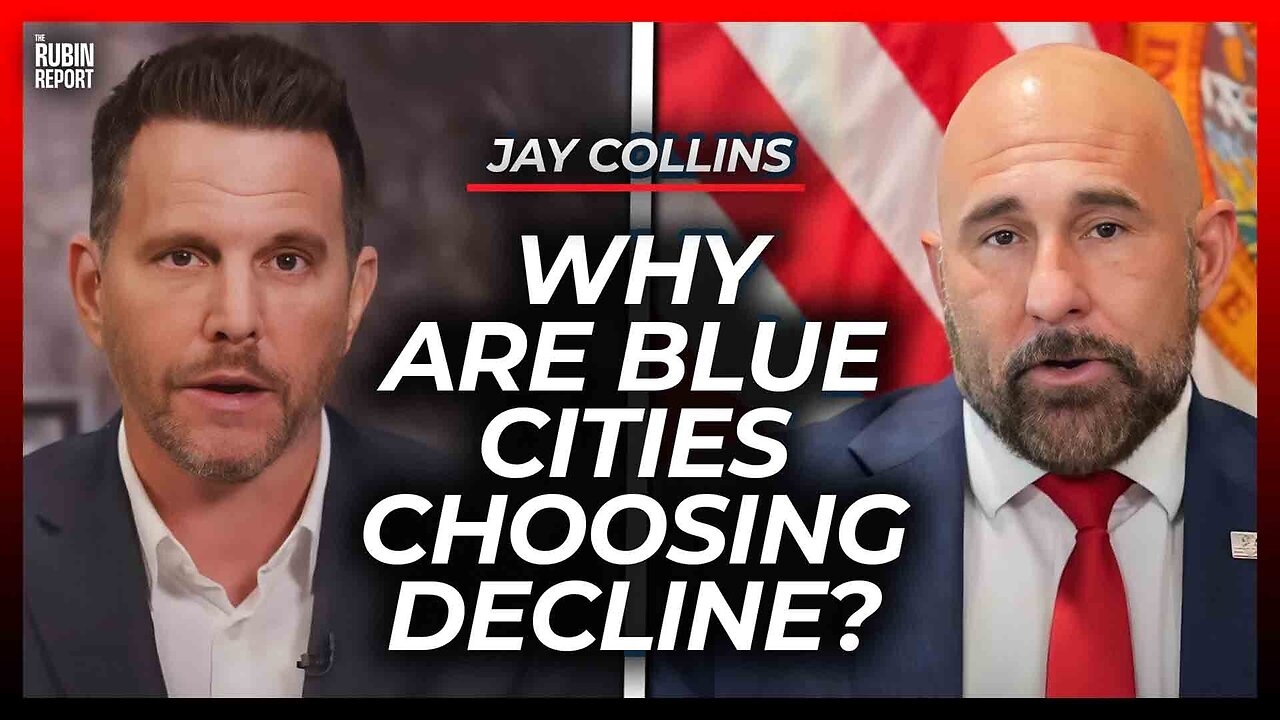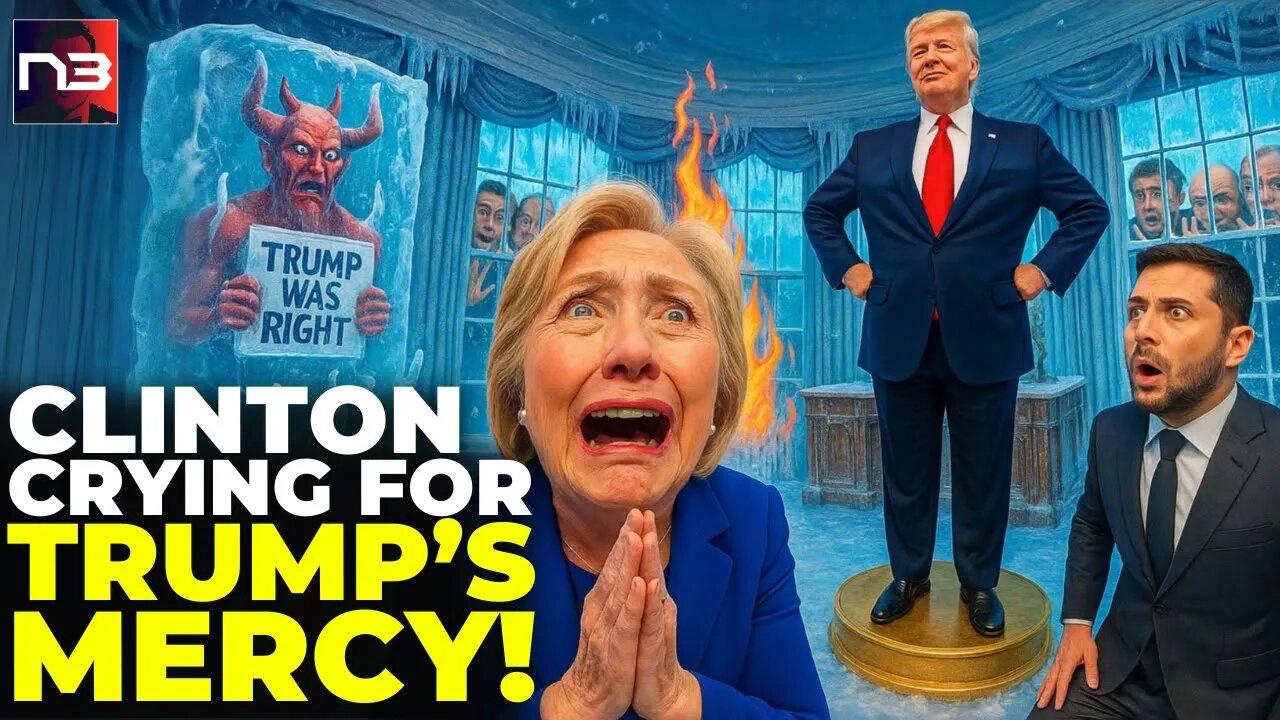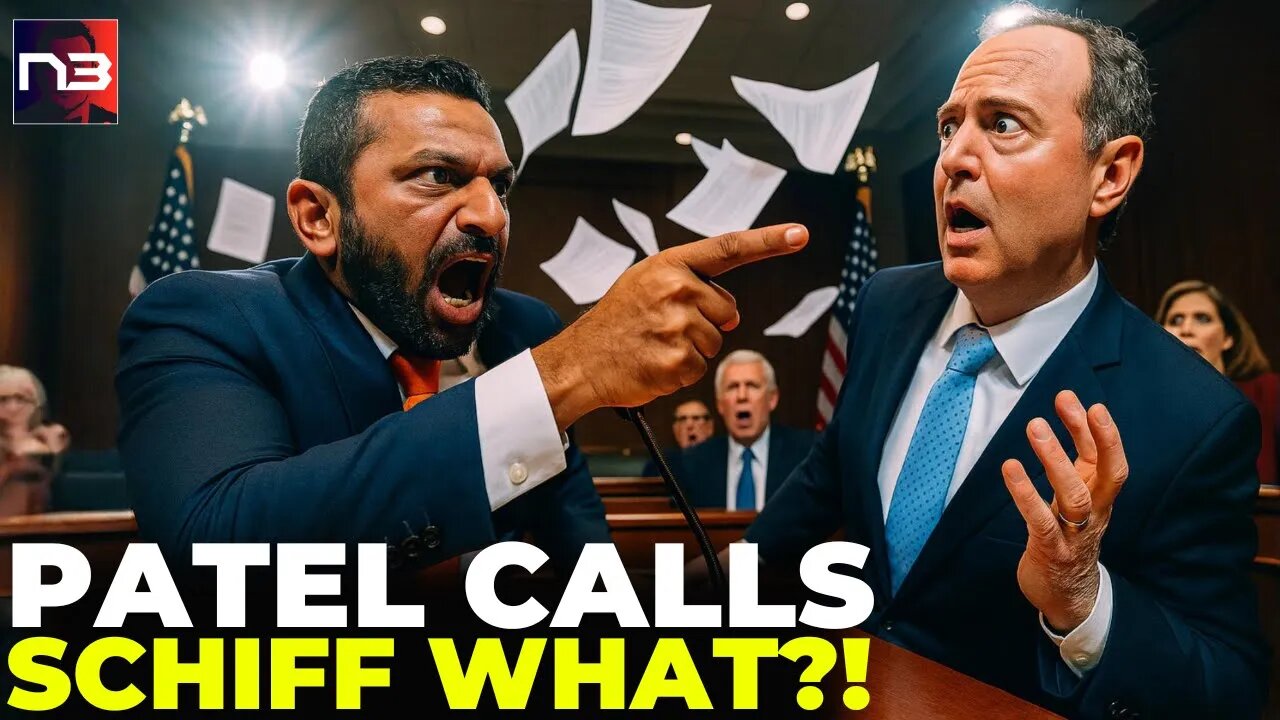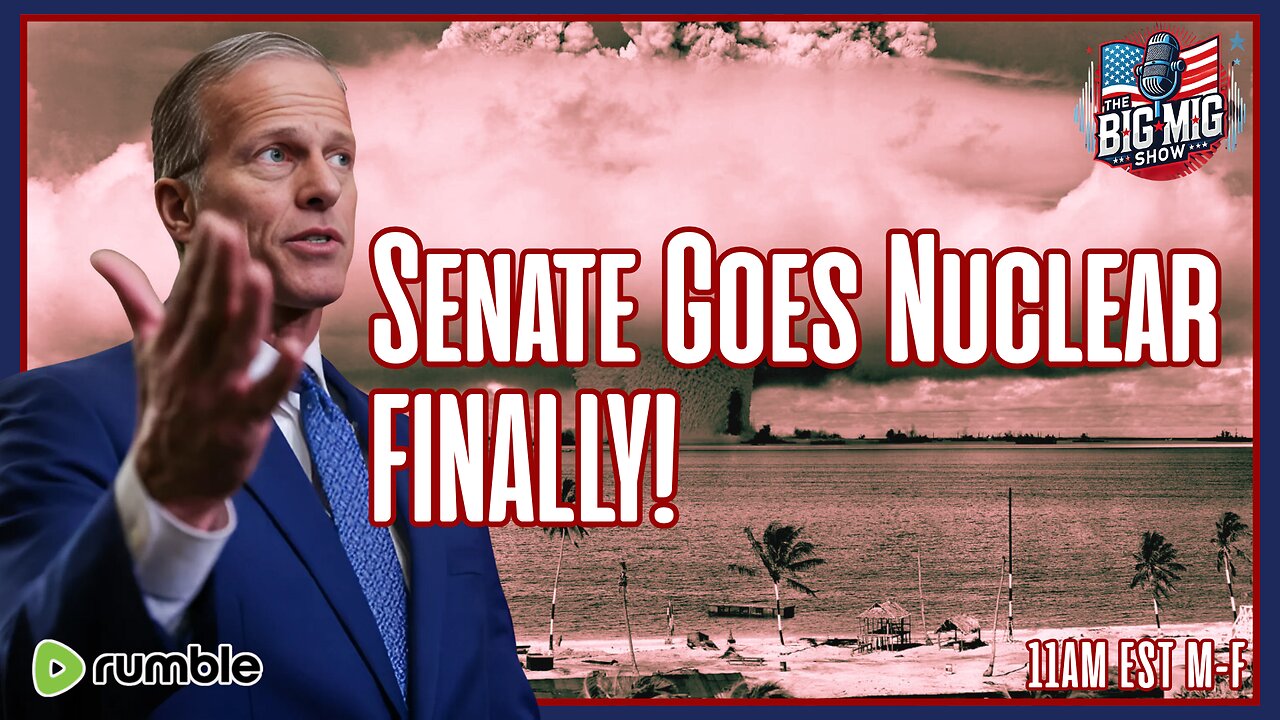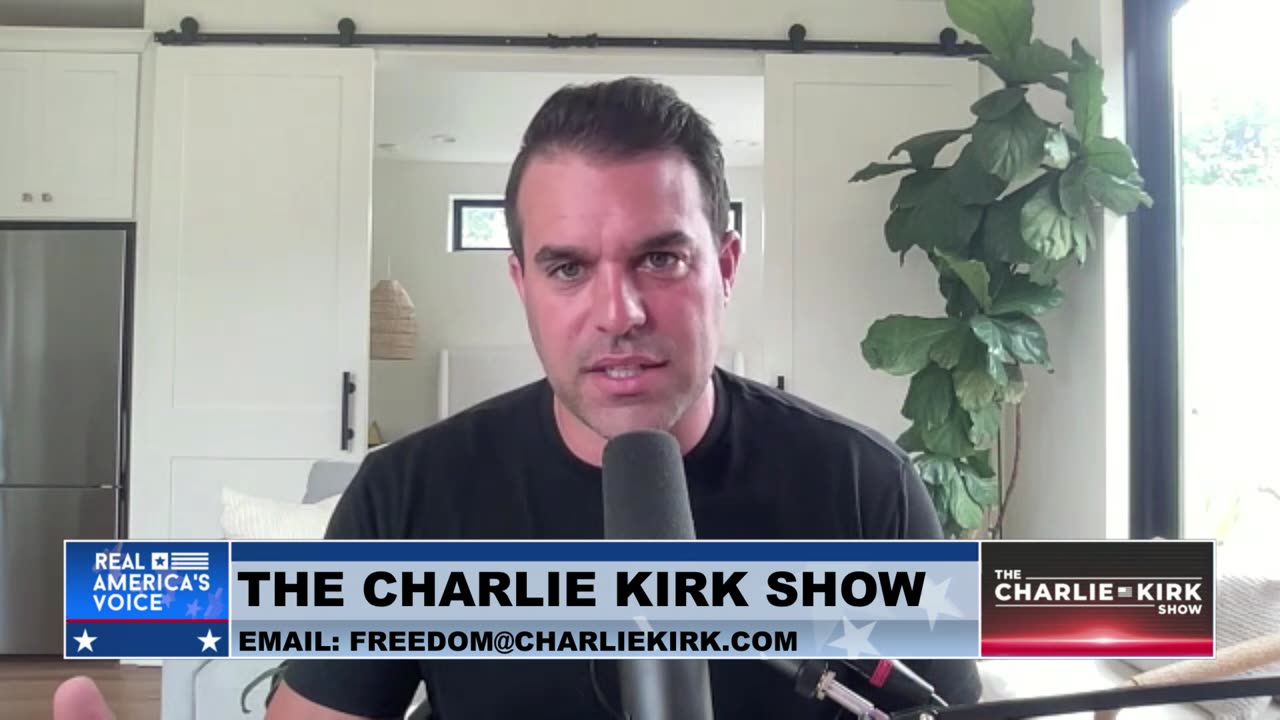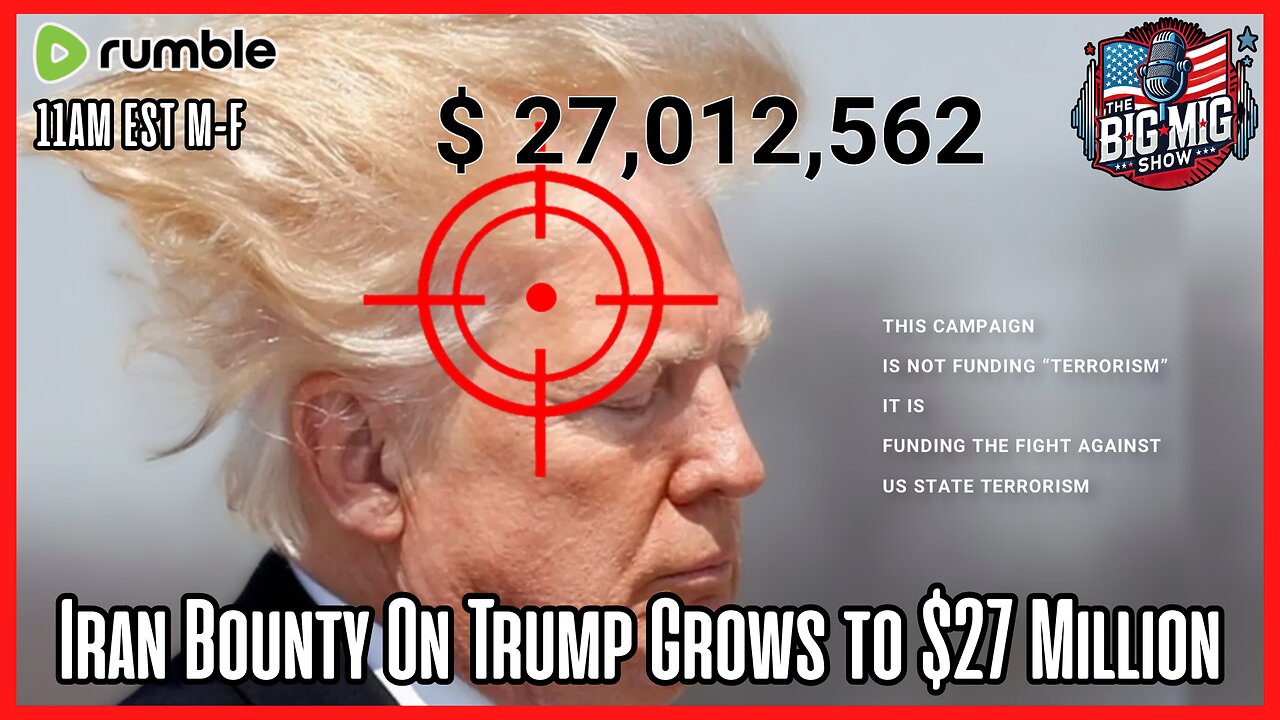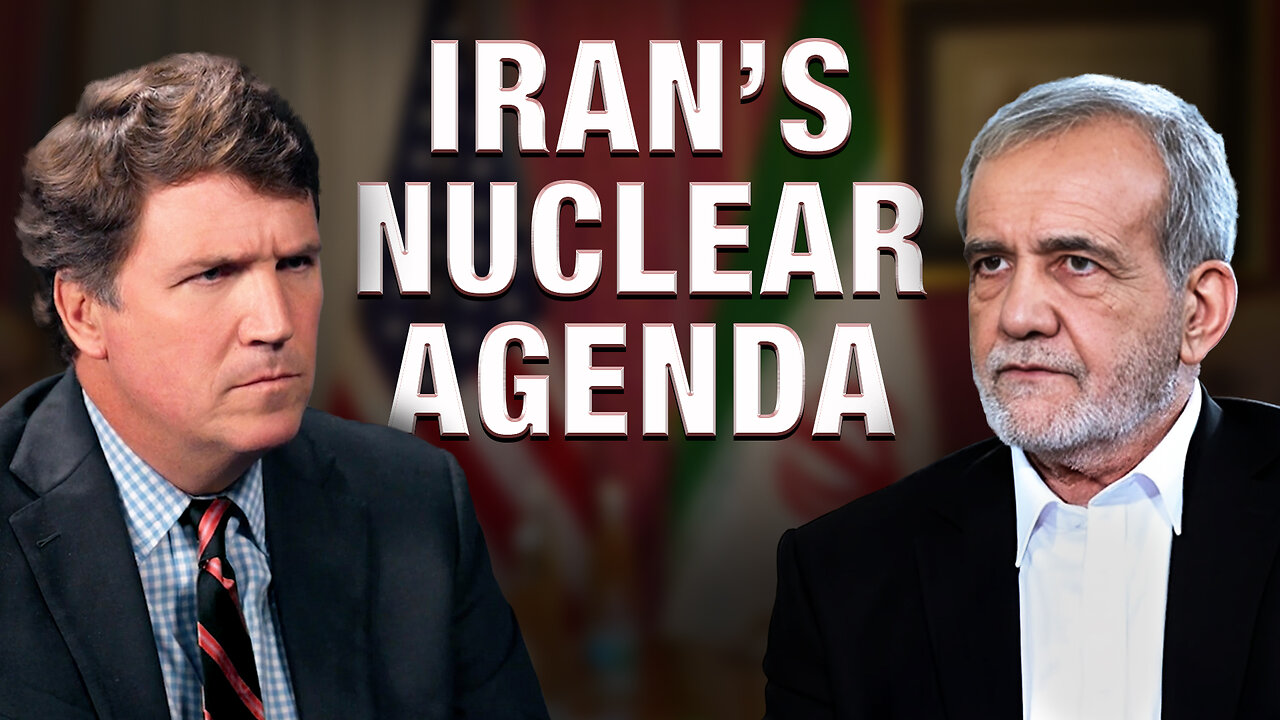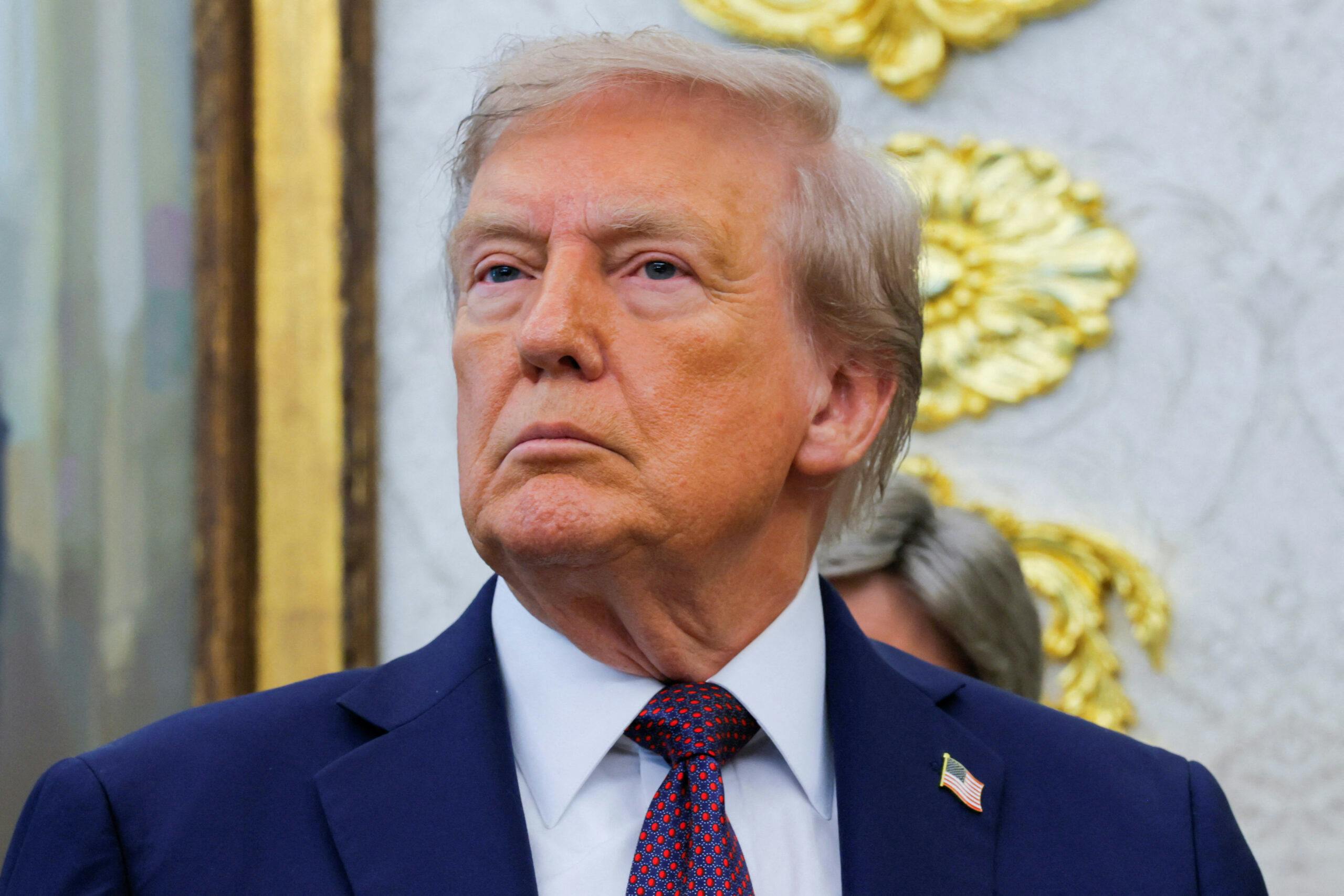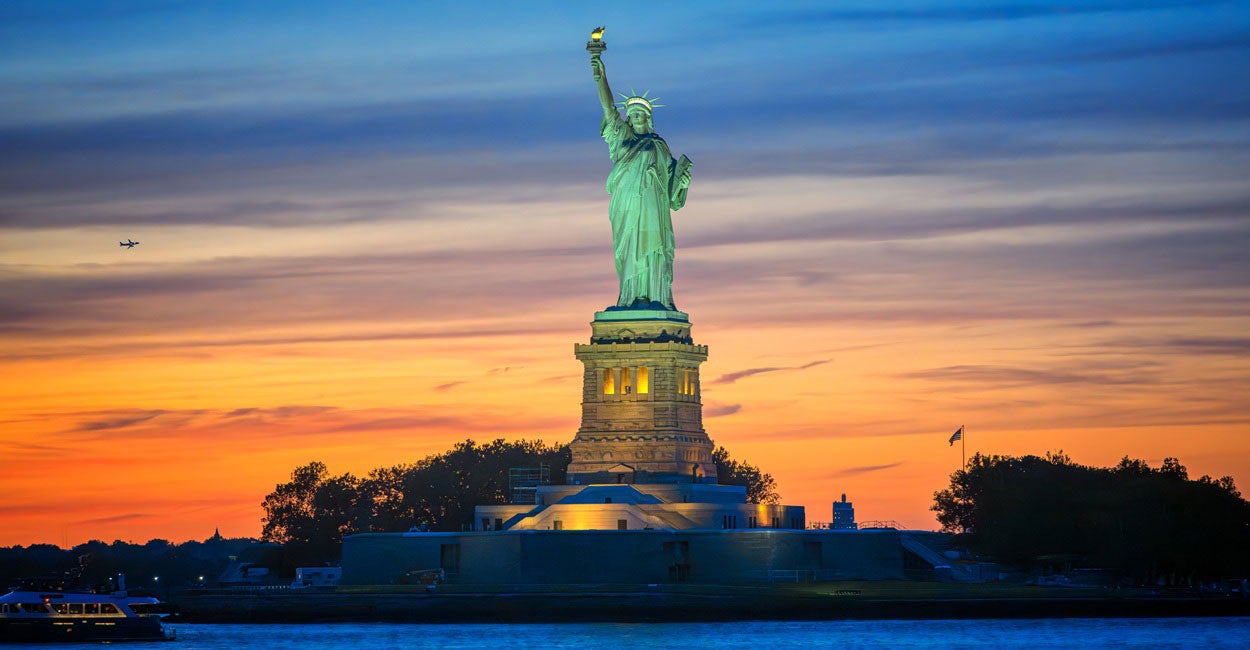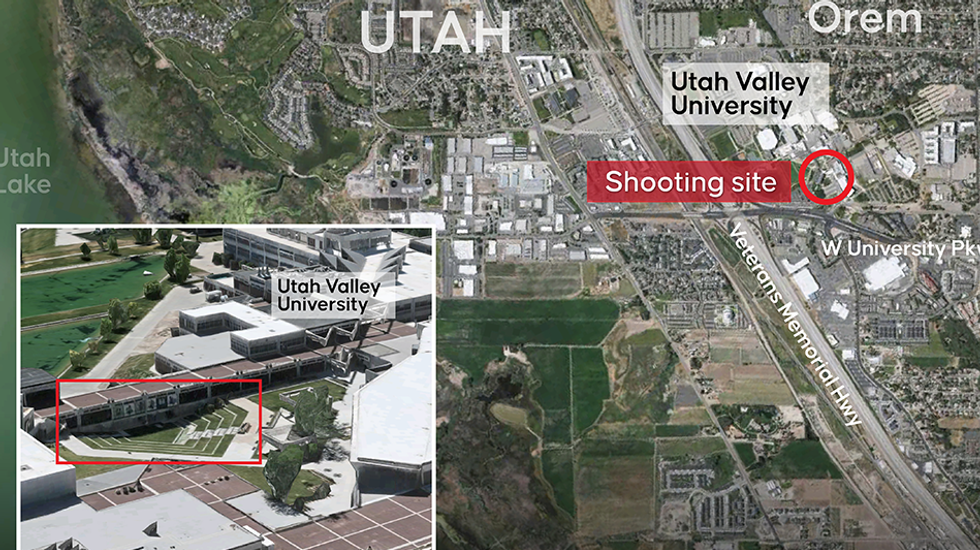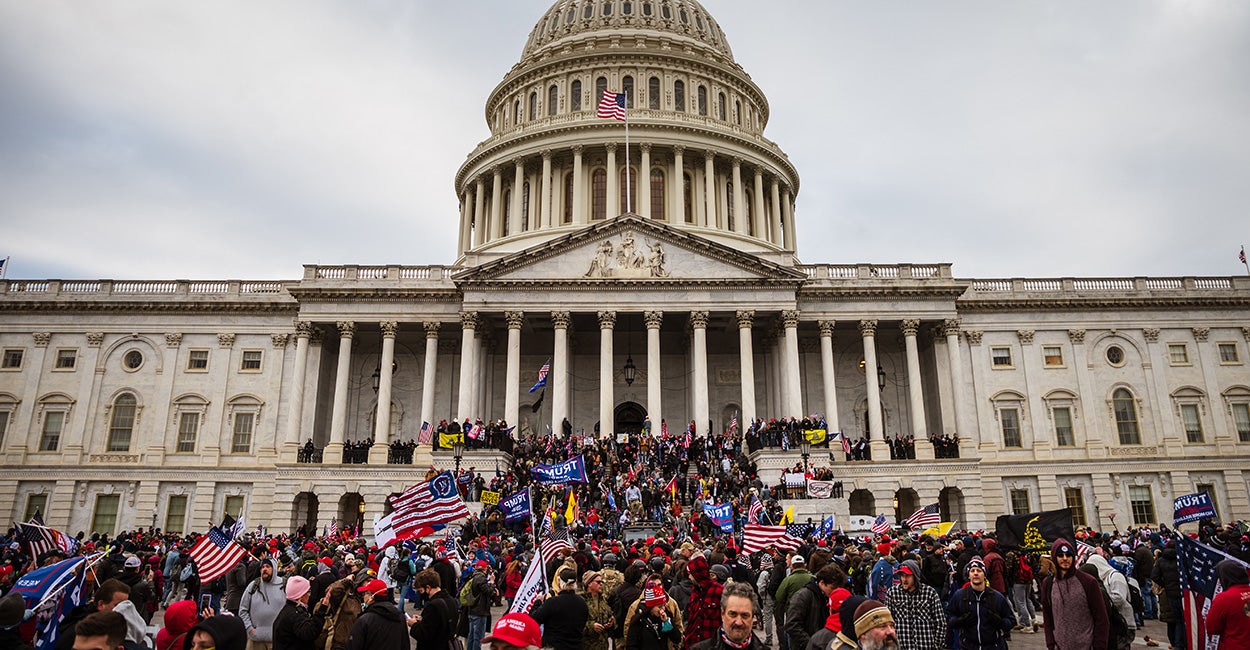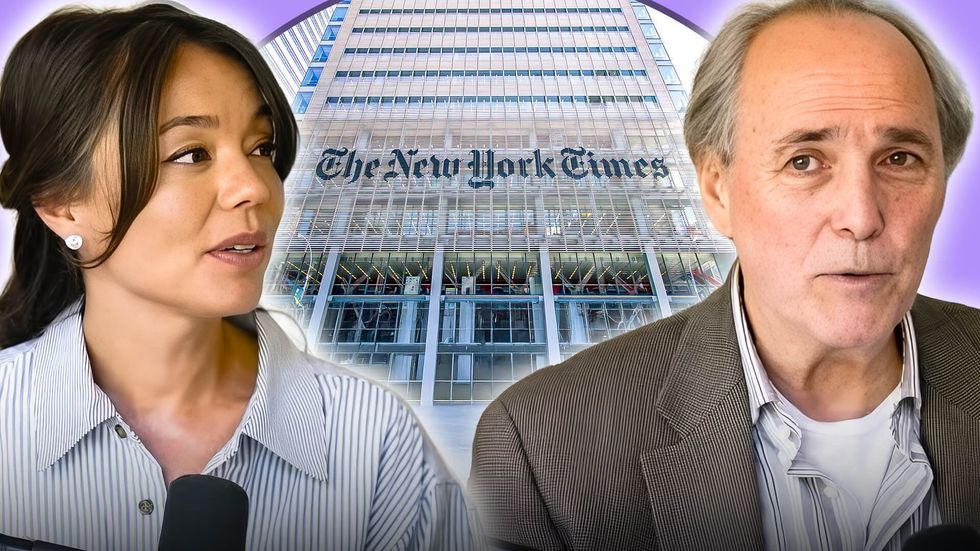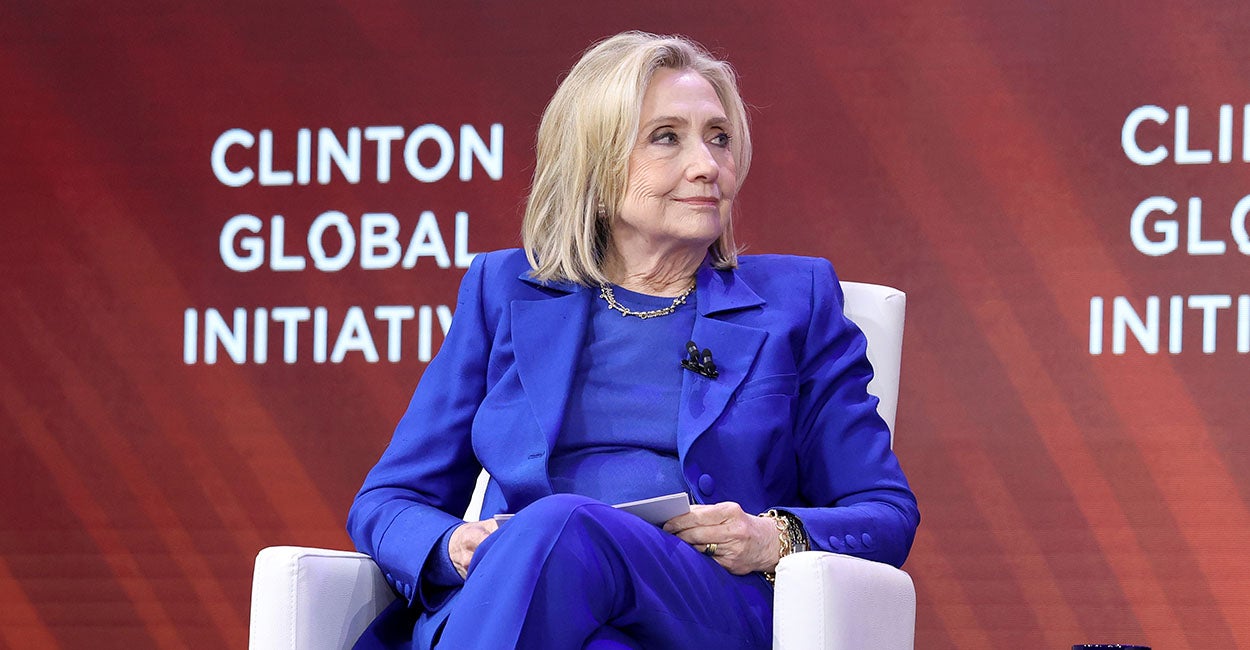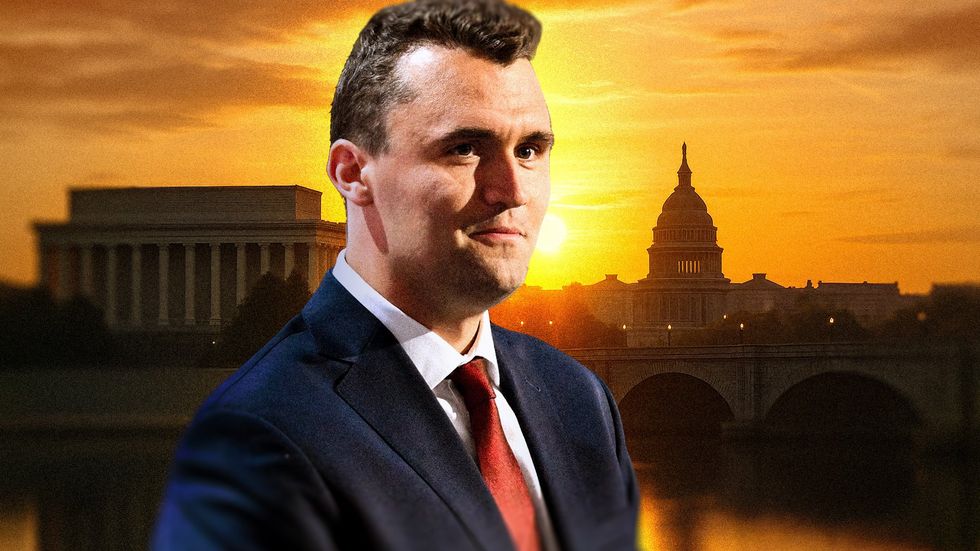Spin Cycle: Legacy Media And The ‘Terrible, Horrible, No Good, Very Bad’ Tariffs

Sunday morning, for those watching the weekly political shows, was awash in criticisms and outright attacks on President Donald Trump and his stated plan to rebalance long term global trade deficits through the use of tariffs.
For those who don’t spend their Sunday mornings glued to the television — and their Sunday afternoons attempting to dig through a week’s worth of network and cable news media spin — The Daily Wire has compiled a short summary of what you may have missed.
Following Trump’s announcement regarding the widespread implementation of tariffs — against most of the United States’ global trade partners — media outlets went into a tailspin as the economic uncertainty that announcement wrought also brought a serious downturn in the market.
Trump and his administration have repeatedly explained that the tariffs are meant to be used as leverage to broker fairer trade agreements — and have acknowledged that the road to those fairer trade agreements could get bumpy in the interim.
“China has been hit much harder than the USA, not even close. They, and many other nations, have treated us unsustainably badly. We have been the dumb and helpless ‘whipping post,’ but not any longer. We are bringing back jobs and businesses like never before. Already, more than FIVE TRILLION DOLLARS OF INVESTMENT, and rising fast!” Trump posted Saturday via Truth Social. “THIS IS AN ECONOMIC REVOLUTION, AND WE WILL WIN. HANG TOUGH, it won’t be easy, but the end result will be historic. We will, MAKE AMERICA GREAT AGAIN!!!”
Despite that, media outlets have remained laser-focused on the immediate impact of the announcement. On ABC News’ “This Week,” for example, anchor and former Democrat operative George Stephanopoulos opened the show by putting a damper on Trump’s optimistic outlook.
“President Trump is betting that this drives up manufacturing here in the United States but even the president has acknowledged that could take years,” he said, going to a report from White House political correspondent Rachel Scott about how the tariffs “rattle the markets, raising fears about a recession.”
“President Trump is betting that this drives up manufacturing here in the United States but even the president has acknowledged that could take years.” @RachelVScott reports after Trump’s tariffs rattle the markets, raising fears about a recession. https://t.co/2Eq09HQa3u pic.twitter.com/bFz3TrxwNA
— This Week (@ThisWeekABC) April 6, 2025
Stephanopoulos then cut to foreign correspondent Britt Clennett, who laid out the risks of the United States engaging directly in a trade war with China — namely the fact that major retailers in the United States rely on Chinese-made goods while Chinese consumers purchase very little that is made in America.
“While the U.S. is inflicting economic pain on its allies like Japan and South Korea with high tariffs, China is using this moment to woo them,” she added, suggesting that China would undercut the U.S. tariffs in order to gain traction in other markets.
“While the U.S. is inflicting economic pain on its allies like Japan and South Korea with high tariffs, China is using this moment to woo them.” @BrittClennett reports as China hits back on U.S. with retaliatory tariffs. https://t.co/s0bJSiDoIg pic.twitter.com/HA9wAQKnbP
— This Week (@ThisWeekABC) April 6, 2025
Stephanopoulos did bring in White House National Economic Council Director Kevin Hassett to defend the tariffs, and he said that he would not predict a large increase in consumer costs for Americans. “I don’t think that you’re going to see a big effect on the consumer in the U.S.,” he said.
Hassett pointed out the fact that media outlets were playing both sides of the issue when they claimed that other countries were angry and retaliating while also claiming that the American people would bear the brunt of the costs. If the American people truly were going to feel the greatest impact from the tariffs, Hassett argued, then there would be no cause for countries like China to be angry or introduce retaliatory tariffs.
White House National Economic Council Director Kevin Hassett defended Pres. Trump's tariffs, refuting the idea they will cost American consumers more.
“I don't think that you're going to see a big effect on the consumer in the U.S.” https://t.co/E6Bo1hnSDU pic.twitter.com/RY1o7fOwZi
— This Week (@ThisWeekABC) April 6, 2025
When pressed on the possibility of a recession, Hassett pushed back: “I would expect the jobs numbers … are going to go up even more now that the tariffs are in place.”
When pressed by George Stephanopoulos about the risk of recession, White House National Economic Council Director Kevin Hassett highlights employment: “I would expect the jobs numbers … are going to go up even more now that the tariffs are in place.” https://t.co/WMlLzdU09H pic.twitter.com/RFJH6hUlsH
— This Week (@ThisWeekABC) April 6, 2025
On CBS News’ “Face the Nation,” anchor Margaret Brennan brought in Rep. Don Bacon (R-NE) — who opposes the tariffs — to discuss how the issue might ultimately be resolved.
“I think ultimately it’s Congress, once we see enough of this, but maybe the courts as well,” he said. “We gave the president emergency powers, so the courts will have to decide, what just happened? Is this emergency powers, or is this a total change in tariff policy? And I think it’s really the latter.”
As a conservative group challenges President Trump's new tariffs in court, Rep. Don Bacon (R-NE) is asked whether the dispute over the tariffs will ultimately be settled by the judiciary.
"I think ultimately it's Congress, once we see enough of this, but maybe the courts as… pic.twitter.com/W7S4VE4xBG
— Face The Nation (@FaceTheNation) April 6, 2025
Brennan also spoke with Sen. Maria Cantwell (D-WA), who said Trump was doing the opposite of what he should do with regard to trade. “Instead of building those alliances, Trump is, basically, getting into a trade war that is having unbelievable impact.”
Sen. Maria Cantwell (D-WA) says Trump’s tariffs are counter to what America’s goal should be — to make "great manufactured products and grow great agriculture products," and help open up doors to overseas markets for U.S. farmers.
"But instead of building those alliances, Trump… pic.twitter.com/Khcfyxke3X
— Face The Nation (@FaceTheNation) April 6, 2025
Commerce Secretary Howard Lutnick also joined the program to defend Trump’s plan, and he argued that the end result would be more manufacturing moving back to the United States.
"Remember, the army of millions and millions of human beings screwing in little screws to make iPhones. That kind of thing is going to come to America. It's going to be automated," Commerce Secretary Howard Lutnick tells @margbrennan when discussing Trump's tariffs strategy to… pic.twitter.com/pOneXABv05
— Face The Nation (@FaceTheNation) April 6, 2025
On CNN’s “State of the Union,” anchor Jake Tapper pressed Agriculture Secretary Brooke Rollins on the impact of the tariffs and claimed, “There seems to be a lack of acknowledgement of the real pain and panic people are feeling right now.”
Rollins pushed back, noting that the rapid market declines were rooted in uncertainty rather than any real impact from the tariffs and explaining that the Trump administration had a plan and expected things to level off.
“There seems to be a lack of acknowledgement of the real pain and panic people are feeling right now.”@jaketapper and Agriculture @SecRollins spar over the fallout from Trump’s sweeping tariffs on dozens of countries. pic.twitter.com/Ppv062TzIf
— State of the Union (@CNNSOTU) April 6, 2025
A panel discussion later included Rep. Nicole Malliotakis (R-NY) defending the Trump administration, saying as the president has that Americans were likely to face “a little turbulence as you move to smooth skies.”
Our panel included members from both sides of the aisle. What did they say about the state of the economy? @RepNicole: "A little turbulence as you move to smooth skies."@RepScholten: "The American people are losing under Trump."@DavidJUrban and @JamalSimmons join… pic.twitter.com/yGGlsI0ycm
— State of the Union (@CNNSOTU) April 6, 2025
Treasury Secretary Scott Bessent laid out some data for anchor Kristen Welker on NBC News’ “Meet the Press,” shrugging off questions about an imminent recession.
“Kristen, what I like is data … A 20% tariff on China led to a 0.7% price level increase over 4 years. I think that’s pretty good … The little-publicized story this week: everyone wants to look at the stock market going down; you know what else went down? Oil prices went down almost 15% in 2 days, which impacts working Americans much more than the stock market does,” Bessent said. “Interests rates hit their low for the year, so I’m expecting the mortgage applications to pick up.”
Treasury Secretary Scott Bessent obliterates NBC's Kristen Welker on tariffs with numbers:
"Kristen, what I like is data…A 20% tariff on China led to a 0.7% price level increase over 4 years. I think that's pretty good…The little-publicized story this week: everyone wants to… pic.twitter.com/uNlaIll4Pw
— Julia ???????? (@Jules31415) April 6, 2025
Originally Published at Daily Wire, Daily Signal, or The Blaze
What's Your Reaction?
 Like
0
Like
0
 Dislike
0
Dislike
0
 Love
0
Love
0
 Funny
0
Funny
0
 Angry
0
Angry
0
 Sad
0
Sad
0
 Wow
0
Wow
0



